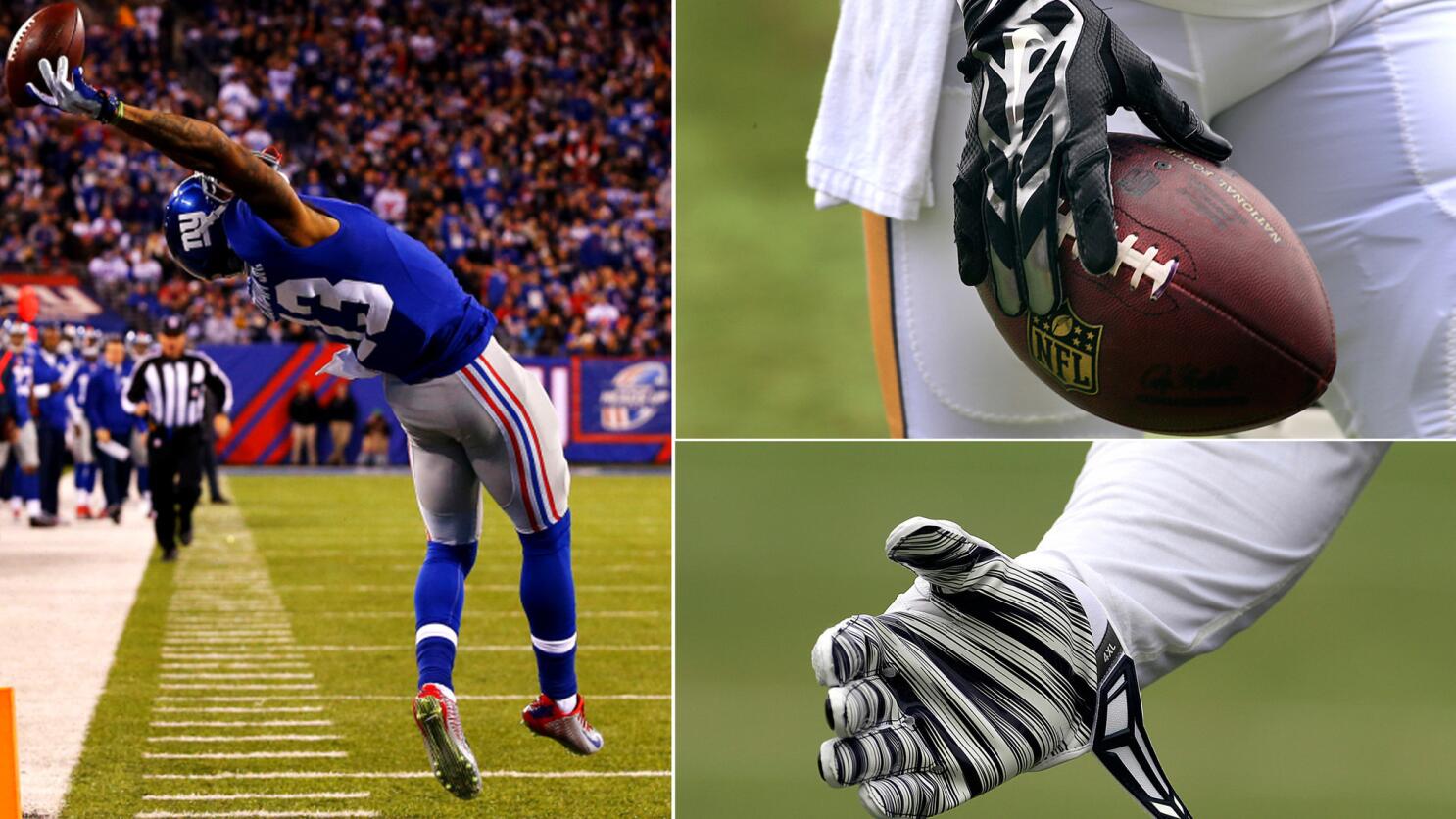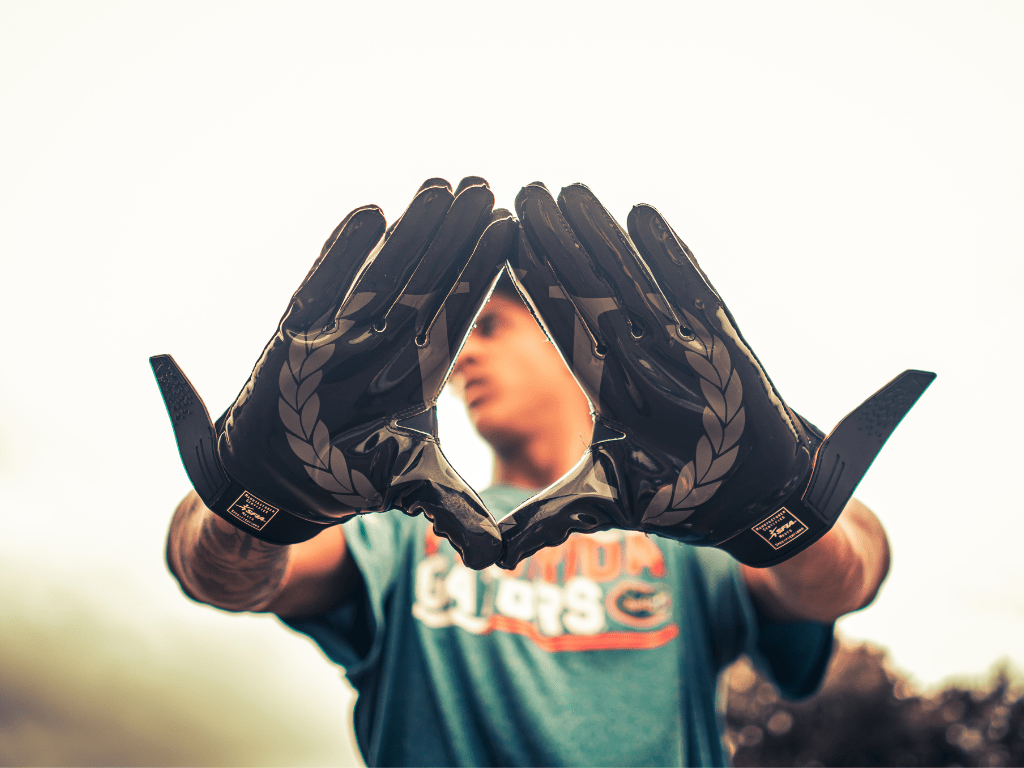Football Gloves: Do They Really Improve Your Game?
The Purpose of Football Gloves
Football gloves are designed to provide players with a better grip, improved ball control, and hand protection. Wide receivers, running backs, linemen, and occasionally even quarterbacks make use of them. Different gloves serve various purposes, depending on the position and playing conditions.
Benefits of Football Gloves
1. Enhanced Grip
One of the primary reasons players wear football gloves is to improve their grip on the ball. Players can catch and hold onto the ball more effectively with modern gloves made of tacky materials like silicone or latex, especially in wet or cold conditions.
2. Hand Protection
Football is a contact sport where hands are frequently exposed to impacts, tackles, and harsh weather conditions. Gloves provide a layer of protection against abrasions, cuts, and even fractures, reducing the risk of hand injuries.
3. Adaptability to Weather
Playing in different weather conditions can impact performance. Rain, snow, or cold temperatures can make the ball slippery and difficult to control. Football gloves help maintain grip and dexterity, ensuring that players can perform consistently in all conditions.
4. Increased Confidence
Knowing that they have a firm grip on the ball allows players to focus more on their performance rather than worrying about dropping passes. The psychological advantage of wearing gloves can boost confidence, leading to better gameplay.
Do Football Gloves Actually Improve Performance?
The effectiveness of football gloves largely depends on the player's position and personal preference. Studies have shown that gloves improve grip strength, making it easier to catch and secure the ball. However, their impact varies based on different positions:
Wide Receivers & Tight Ends: These players benefit the most from gloves as they rely on secure catches. Gloves help them make one-handed grabs and retain possession under challenging conditions.
Running Backs: While some running backs wear gloves for better ball security, others prefer bare hands for a natural feel.
Quarterbacks: Most quarterbacks do not wear gloves, as they prefer a direct feel for the ball when throwing. However, in colder weather, some opt for gloves to maintain warmth and grip.
Linemen: Gloves for linemen are designed for protection rather than grip. Padded gloves help prevent injuries from physical contact at the line of scrimmage.
Choosing the Right Football Gloves
When selecting football gloves, players should consider the following factors:
1. Grip Material
Look for gloves with high-quality tacky palms to enhance ball control.
2. Fit and Comfort
Well-fitted gloves should feel snug but not restrictive. A proper fit ensures maximum control and flexibility.
3. Durability
Since football involves intense physical activity, durable gloves will withstand wear and tear longer.
4. Weather Adaptability
Choose gloves suitable for specific playing conditions, such as water-resistant gloves for rainy games.
Conclusion
Football gloves offer several benefits, including improved grip, protection, and confidence. While they may not be necessary for every position, they undoubtedly enhance performance for players who handle the ball frequently. Ultimately, the effectiveness of football gloves depends on the player’s needs and comfort level. Whether you’re a receiver making spectacular catches or a lineman protecting your hands, the right gloves can contribute to your success on the field.





